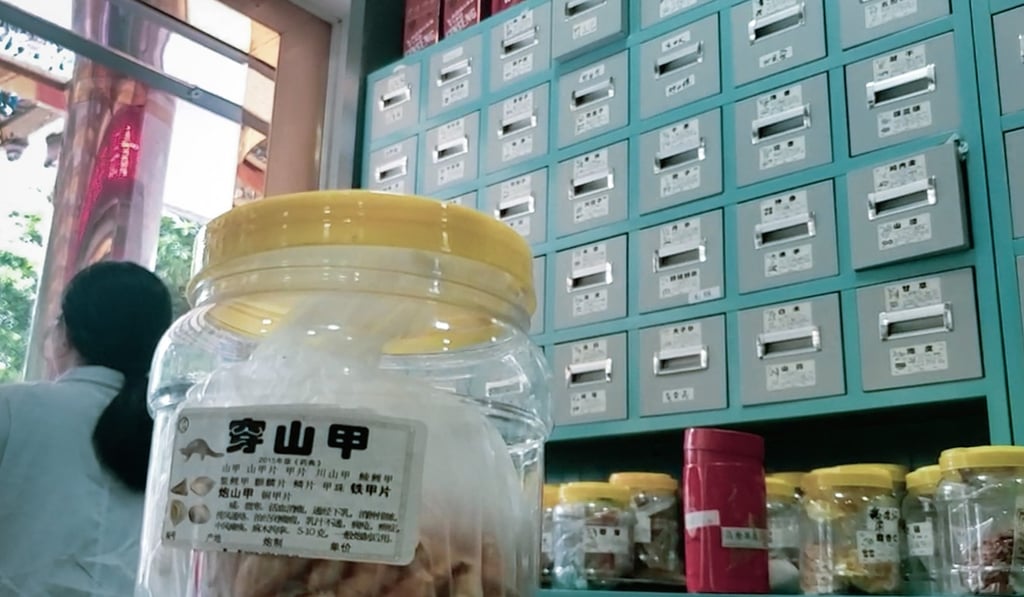Illegal trade in pangolin thrives despite 2017 global ban, according to investigative report that blames demand in China and huge profits on the black market
- Reporters follow illegal trade from West African bushmeat markets, to middlemen in Asia, and finally to mainland China
- Investigations found astounding profit margins: Scales bought for US$5 per kilogram in Nigeria can be resold for up to US$1,000 in China

The report on pangolins, believed to be the world’s most trafficked mammal, was based on the work of more than 30 journalists at 13 news organisations across Asia and Africa, including the Post.
Reporters followed the illegal trade of pangolins from West African bushmeat markets in Cameroon and Nigeria to middlemen and traffickers in Nepal, Indonesia, Malaysia, Vietnam and Hong Kong, and to mainland China, home to most of the demand spurring the global trade.
What they found was a booming black market that has flourished out of public sight and without intervention, driving the globally endangered animal ever closer to extinction.

Eight species of pangolin are found globally, four in Asia and four in Africa, all of them endangered. To prevent rampant poaching for their coveted meat and scales, trade in the anteater-like mammal has been banned since 2017 under the Convention on International Trade in Endangered Species of Wild Fauna and Flora, an international treaty.